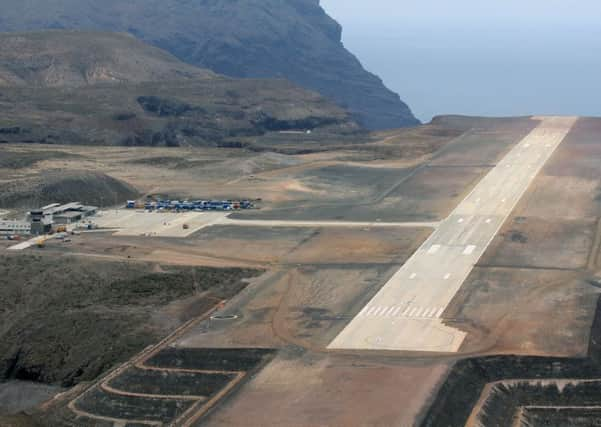Bill Carmichael: Time to put UK social care before overseas aid


And, of course, they are absolutely right. As a country, we spend far more than we earn and we have to borrow £1.3bn every week just to maintain current levels of spending.
But, in truth, there is always plenty of taxpayers’ cash available to spend on favoured pet projects and fashionable causes. These are not necessarily schemes that do any good, but are those which enable politicians to feel good about themselves or look good in the eyes of their dinner party guests.
Advertisement
Hide AdAdvertisement
Hide AdTake, for example, the sharp contrast between the lavish spending on trendy causes, such as the bloated foreign aid budget, and the miserly attitude taken towards other important areas of spending, such as on adult social care.
Properly looking after the elderly and infirm should be an essential obligation for any civilised society, but in today’s Britain it has become the true Cinderella service, starved of cash and pushed to the back of the queue whenever goodies are handed out.
Since 2010, local authorities have suffered cuts in central Government grants in excess of 30 per cent and as a result spending on adult social care has been slashed.
The front line services that elderly, infirm and vulnerable people rely on have been drastically reduced and in many cases have disappeared all together.
Advertisement
Hide AdAdvertisement
Hide AdThe crisis became so severe last year that the then Chancellor, George Osborne, decided to allow local authorities to increase council tax by an extra two per cent – the so-called social care precept – to try to plug the growing gaps in provision.
By many accounts this simply was not enough, and there are well-sourced warnings that the entire social care system is on the brink of collapse because of a £2.5bn shortfall in funding.
The Government is now enabling councils to raise the social care precept by up to three per cent for the next two years, thereby adding hundreds of pounds to the average council tax bill.
The disparity with the foreign aid budget is striking.
Rather than going cap in hand, like adult social care, for small and inadequate increases, in foreign aid there is so much cash they don’t know how to spend it all, and as a result tales of waste, corruption and ineptitude abound.
Advertisement
Hide AdAdvertisement
Hide AdOnly this week came news of the complete waste of £285m of British taxpayers’ cash used to build an airport in the South Atlantic Territory of St Helena, which can’t be used by the commercial aircraft it was intended for because of dangerous wind conditions.
Other examples include a £4m grant to launch an Ethiopian version of the Spice Girls pop group, £15m on a scheme to reduce flatulence in Colombian cattle in order to combat global warming and £3m to increase awareness of British football in China.
This is what happens when you calculate spending according to some arbitrary target – in our case 0.7 per cent of total GDP – rather than carefully scrutinised needs.
David Cameron set this target for overseas aid – almost double the European average – and stubbornly stuck with it even as spending cuts began to bite closer to home.
Advertisement
Hide AdAdvertisement
Hide AdAs a result, the foreign aid budget ballooned from £7bn in 2010 and will reach £15bn in 2020.
Now some MPs, led by the doughty Conservative MP for Shipley, Philip Davies, are beginning to question this spending.
At Prime Minister’s Questions this week, Mr Davies told Theresa May that the crisis in social care could be addressed by taking just a small amount of the vast increase in spending allotted to foreign aid.
He said: “Surely the Government priority should be to look after the elderly, vulnerable and disabled people in our own country before we hand money over to other countries?”
Quite – I don’t imagine many voters will argue with that.
Advertisement
Hide AdAdvertisement
Hide AdSo the next time your MP tells you “but we have no money”, please point out that it is question of priorities, and there is plenty of cash available – without increasing taxes or borrowing more – if you know where to look.